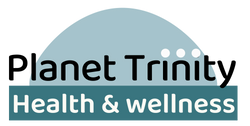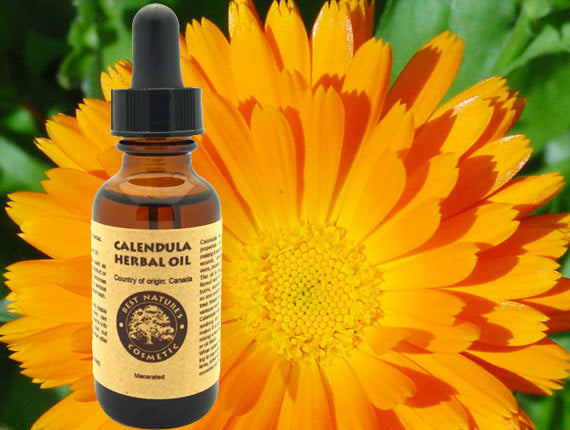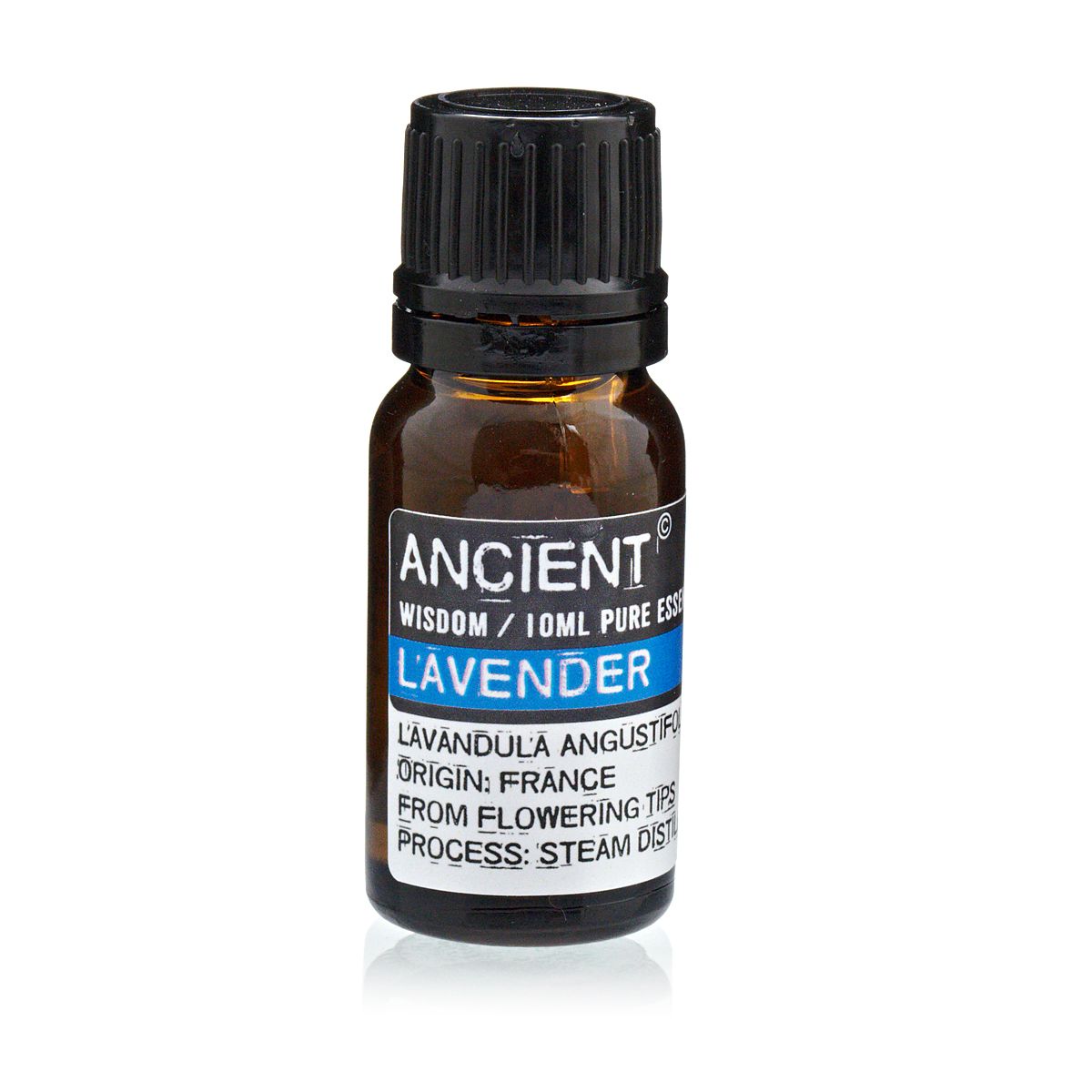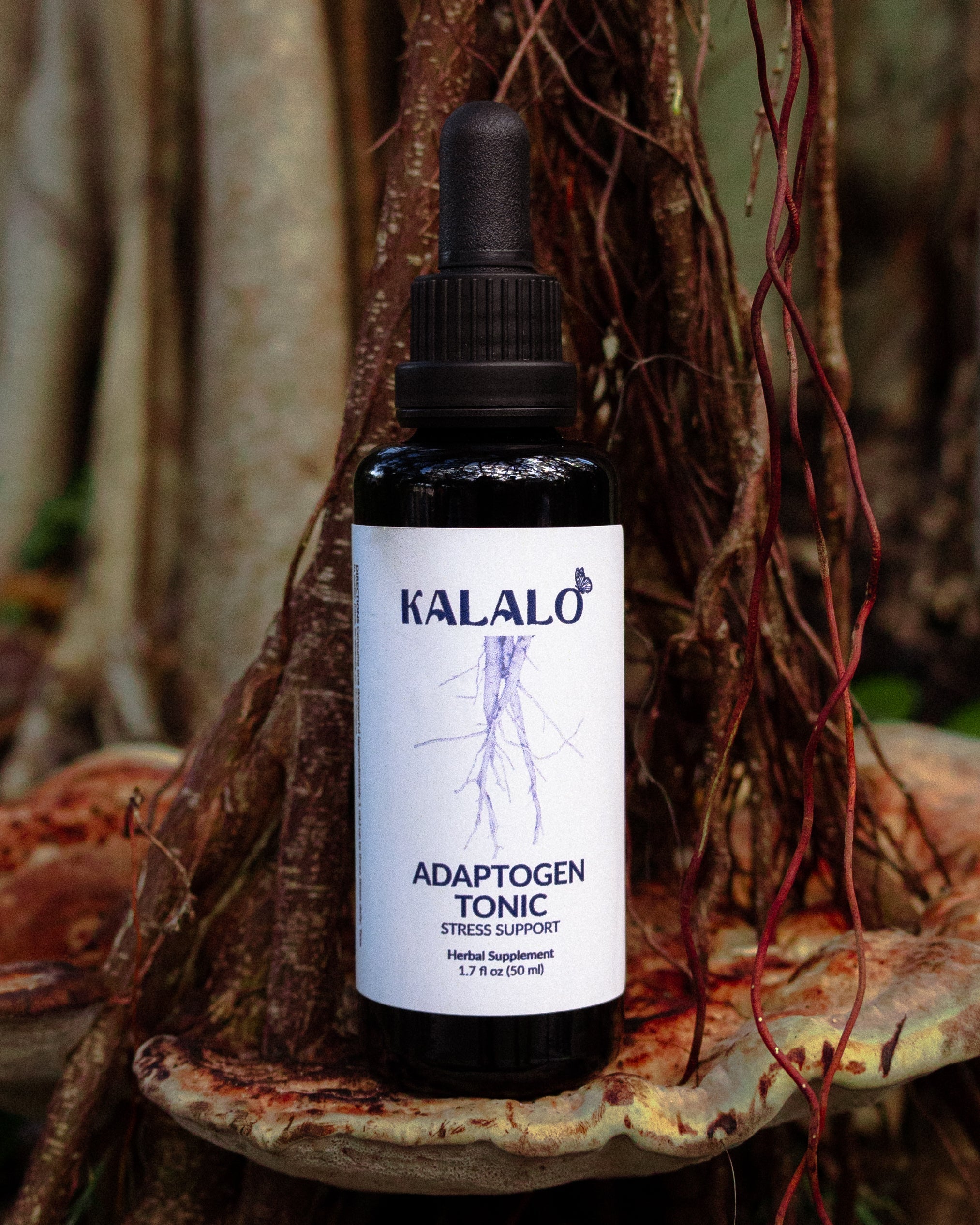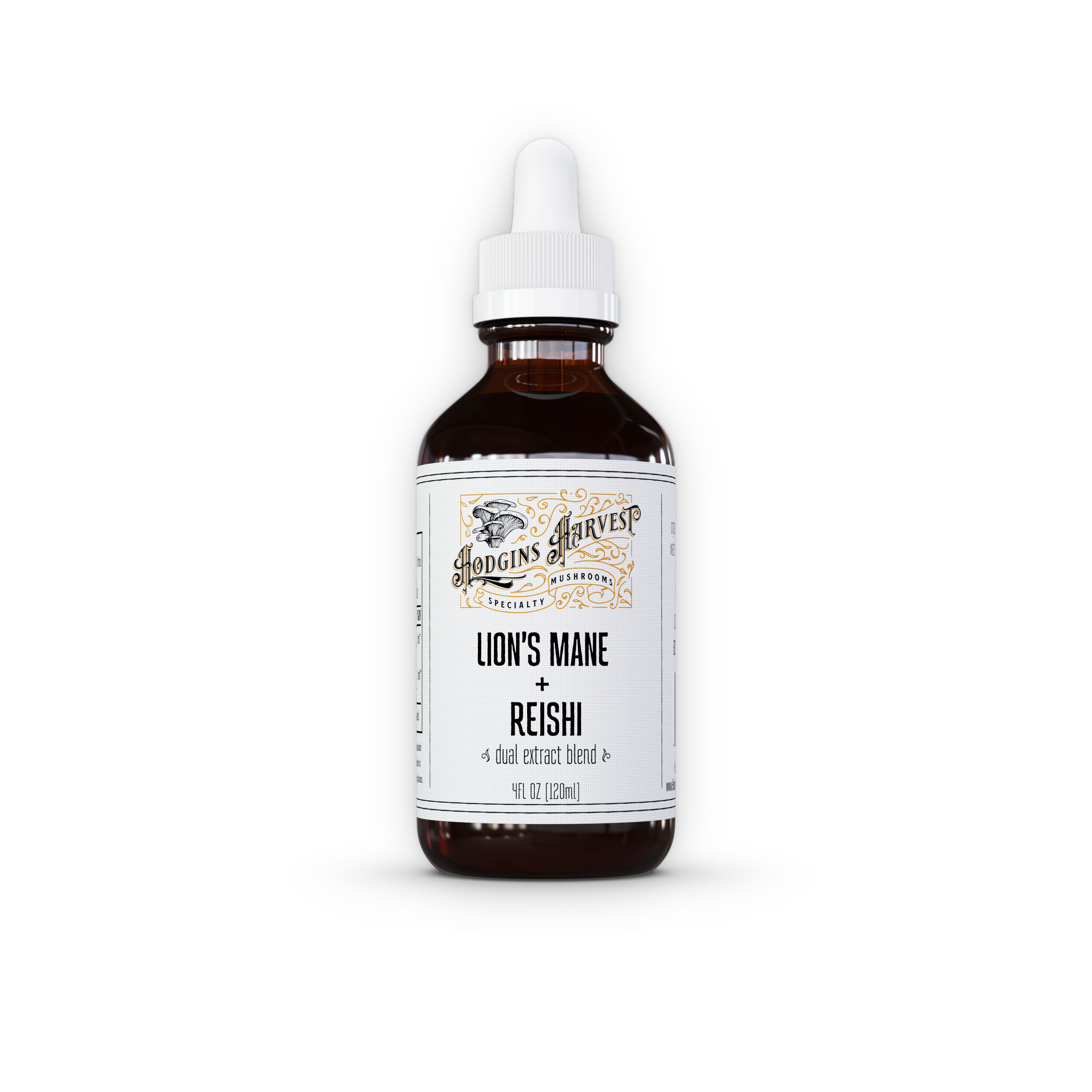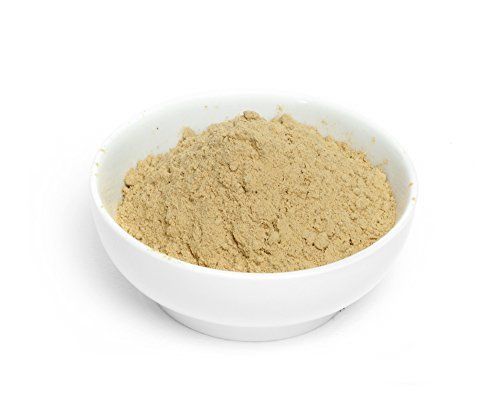
Alcohol has long been a central part of social life and cultural traditions in many Western countries. While moderate drinking may be considered acceptable or even beneficial for some individuals, excessive alcohol consumption poses significant health risks, particularly to the liver—an essential organ responsible for detoxification, metabolism, and energy production.
The Prevalence of Alcohol Use in Western Society
In many Western cultures, alcohol consumption is ingrained in social gatherings, celebrations, and even daily routines. According to the World Health Organization (WHO), the per capita alcohol consumption in regions such as Europe and North America remains among the highest globally. This widespread use increases the risk of alcohol-related liver disease (ALD), which includes a spectrum of conditions from fatty liver to cirrhosis and liver failure.
How Alcohol Damages the Liver
The liver plays a crucial role in metabolizing alcohol, converting it into less harmful substances like acetaldehyde, which is then processed into acetate and water. However, excessive and chronic alcohol intake overwhelms this capacity, leading to several harmful effects:
- Fatty Liver (Steatosis): Accumulation of fat in liver cells, often reversible with abstinence.
- Alcoholic Hepatitis: Inflammation caused by liver cell damage.
- Cirrhosis: Severe scarring and irreversible damage due to prolonged inflammation.
Mechanisms of Damage:
- Oxidative Stress: Alcohol metabolism generates reactive oxygen species (ROS) that damage liver cells.
- Inflammation: Chronic alcohol use triggers inflammatory cytokines, leading to further tissue injury.
- Fibrosis: Repeated injury causes tissue scarring, impairing liver function.
Research indicates that heavy alcohol consumption significantly increases the risk of developing cirrhosis and hepatocellular carcinoma (liver cancer) (Rehm et al., 2010).
Other Substances Harmful to the Liver
While alcohol is the primary culprit, several other beverages and substances can negatively impact liver health:
1. Acetaminophen (Paracetamol)
- Excessive use or overdose can lead to acute liver failure due to its toxic metabolite, NAPQI, which causes oxidative damage to liver cells (Miller et al., 2010).
2. Sugary Beverages
- High consumption of sodas and sweetened drinks has been linked to fatty liver disease independent of alcohol, driven by excess calorie intake and insulin resistance (Bellentani et al., 2010).
3. Certain Herbal Supplements and Medications
- Some supplements or drugs can cause hepatotoxicity, especially when taken in large doses or with alcohol. Examples include certain weight-loss products, anabolic steroids, and traditional herbal remedies with undisclosed toxins.
4. Illicit Substances
- Recreational drugs like methamphetamine and opioids can contribute to liver damage directly or indirectly by increasing susceptibility to infections such as hepatitis B and C.
How Milk Thistle Supports Liver Function
Milk thistle (Silybum marianum) is a herbal supplement renowned for its hepatoprotective properties. Its active component, silymarin, exhibits antioxidant, anti-inflammatory, and regenerative effects on liver tissue.
Mechanisms of Action:
- Antioxidant Effect: Silymarin scavenges free radicals, reducing oxidative stress in liver cells (Křen & Walterová, 2005).
- Enhancement of Liver Regeneration: Promotes the synthesis of new liver cells by stimulating protein synthesis.
- Protective Effect Against Toxins: Inhibits the entry of toxins into liver cells and enhances detoxification pathways.
Research Evidence:
Multiple studies support the efficacy of milk thistle in liver health:
- A meta-analysis in The American Journal of Gastroenterology (2007) concluded that silymarin significantly improves liver enzyme levels in patients with liver disease.
- Clinical trials have shown that milk thistle can reduce symptoms and improve liver function tests, especially in patients with alcoholic liver disease and hepatitis (Selle et al., 2014).
Usage and Safety:
Milk thistle is generally considered safe when taken at recommended doses. It is used as a complementary therapy to support liver health, especially during detoxification or recovery from injury.
Conclusion
Alcohol consumption remains a significant public health concern in Western society due to its profound impacts on the liver, including fatty liver, hepatitis, and cirrhosis. Other substances, such as certain medications, herbal supplements, and sugary beverages, can also impair liver health. Natural approaches like milk thistle offer promising support by harnessing its antioxidant and regenerative properties to help restore and protect liver function.
